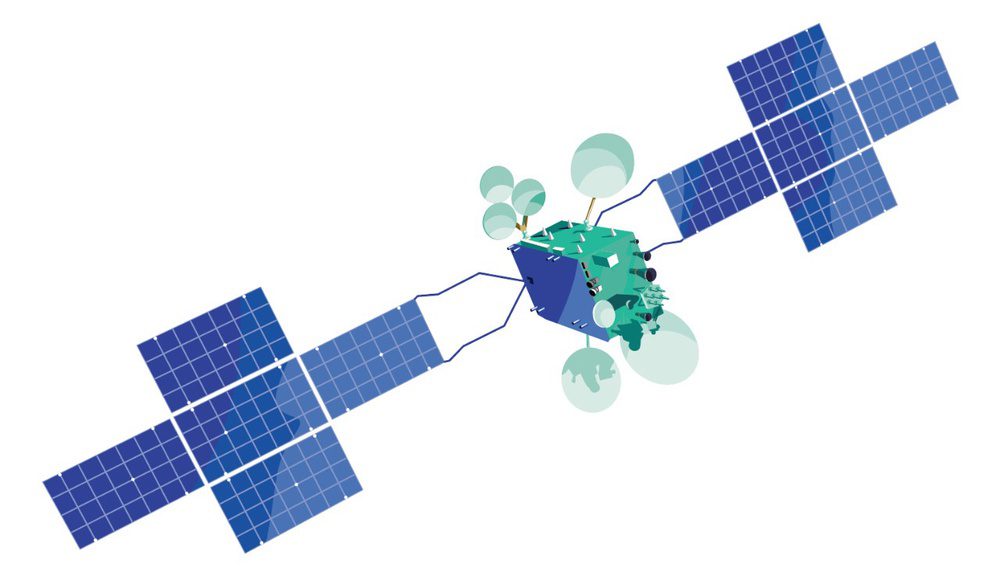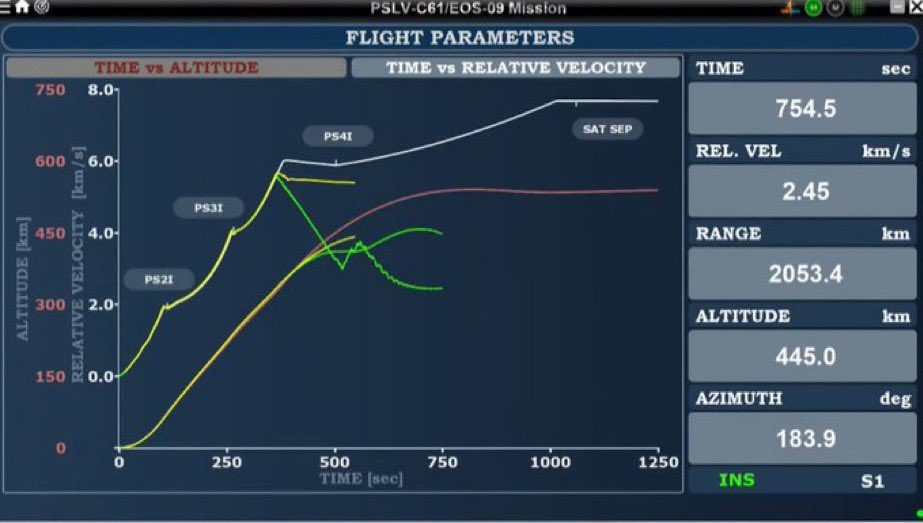The Russian government’s official policy on its invasion of Ukraine – and its lack of success – seems to be “Don’t mention the War!”. Yet despite media restrictions most of Russia’s public realises that something is going on. Most obviously, Western commercial companies are leaving the country en masse, depriving consumers of goods and services. Jesters have already dubbed the departure of fast-food outlets McDonalds and Kentucky Fried Chicken (KFC) as a “No Fry Zone”.
More seriously, Western governments’ reprisals and sanctions aimed at Russia’s economy include measures against aviation and space. The bans cover not only actual flights (Russian aircraft are banned from many routes) but also the export of spare parts for aircraft and their engines, and technology and information for spaceflight. For example, Russian airlines mainly use Western-built Boeing and Airbus aircraft designs, along with highly efficient jet turbofan engines built by Rolls-Royce etc. So, in effect, the only alternative in the short term for Russian airlines such as Aeroflot is to cannibalise spare parts from stood-down aircraft. This would be deemed illegal especially if the aircraft are leased.
Russia’s retaliatory bans on Western spacecraft using Russian launch vehicles are already having an effect, most notably on OneWeb which has had its remaining Soyuz launches cancelled. Likewise, supply difficulties involving Russian and Ukrainian launch vehicle engines and stages are expected to affect the launch schedule of Antares and Vega rockets towards the end of the year.
But these are not the only measures affecting spaceflight. New laws have been announced by the US, the EU and the UK, which will effectively block Russia’s airlines and spacecraft operators from using the international insurance market. For example, EU sanctions applying to EU-based insurers ban Russian satellite operators both from being insured and from using euros for insurance transactions. The US has sanctions against any Russian satellite and these also apply to any Russian satellite operator that has the sum insured in dollars.
The UK government has just announced a ban on UK-based underwriters offering insurance cover to Russian aviation and space operators (they were already prevented from insuring Russian satellites with any sort of military use e.g. X-band payloads). Most space insurance policies have a get-out clause (AVN111) that allows cancellation of policies if a satellite company is under sanction.
Even before these restrictions, Western underwriting sentiment against the invasion was making it difficult to insure anything Russian. Those still considering it noted difficulty in receiving Russian premiums and in making insurance pay-outs, given that Swift system transactions had been shut down.
Of course, Russia has its own insurers in its space market which can still insure Russian satellites. The problem is that the Russian space insurance market only has a capacity (the amount available to insure a space risk) of circa US$40 million – a small proportion of the international space insurance market’s total of US$600-700 million – and is dependent on the rest of the world to fully insure Russian satellites.
Thus, for a US$100 million risk, Russian underwriters would initially underwrite the full risk but use reinsurance via the international market to cover the remaining US$60 million. Now they will be unable to do this. In fact, Russia has NOW officially prohibited its underwriters from dealing with insurers of “unfriendly countries”. However, after the sanctions imposed in 2014 following Russia’s annexation of Crimea, Russia has set up the Bank of Russia-backed Russian National Reinsurance Company which, with the support of Chinese reinsurers, may at least be able to take up some of this reinsurance burden.
Russian insurance programmes likely to be at least partly affected by the insurance/reinsurance shortfall are:
- Insurance of the launch and first year in orbit of the Angosat 2 communications satellite aboard a Proton rocket. Update on 1 April 2022: Seradata understands that the spacecraft is back with its main constructor ISS Reshetnev having had its Airbus DS communications payload fitted, and will be launched later this year. As a point of principle given the “turnkey” nature of the project, it is likely to be fully insured by Russian underwriters.
- Soyuz/Progress missions to the International Space Station – or rather the incentives on completion of delivery – are typically insured to a value of US$60 million.
- The renewal of in-orbit cover for the Express satellite fleet of the Russian State Communications Company (RSCC) and of the Yamal fleet for Gazprom.
- Legal questions are being asked about whether a European satellite using some of its beams to provide services to Russia can be insured.
Of course, there is also fallout in the space insurance market from the insurance restrictions and delayed launches: a significant reduction in premium revenue. The loss of Russian space insurance risk premiums might reduce the gross global premium total for this year by up to US$60 million, nearly ten per cent of the amount originally expected.
However complicated and costly it gets for space insurers, at least things are not as bad as they are for Space’s sister class of aviation insurance. Russia has effectively stolen Western-built aircraft from aircraft leasing companies by impounding them after attempts to repossess them from airlines. Aircraft lessors are expected to make insurance claims for over US$10 billion for the “constructive total losses” of their “stolen” aircraft.








